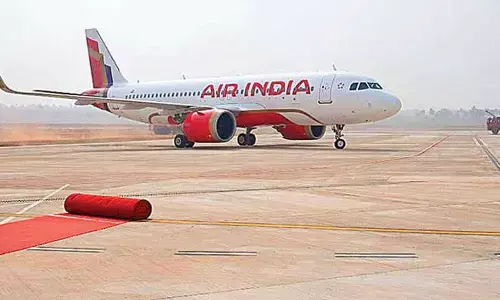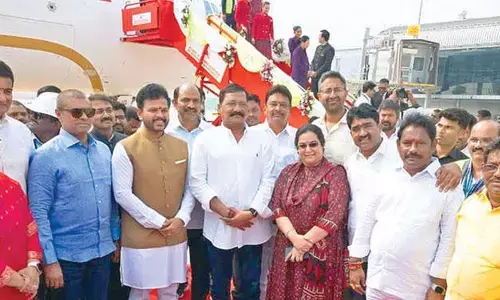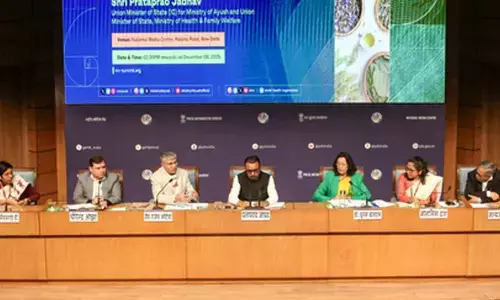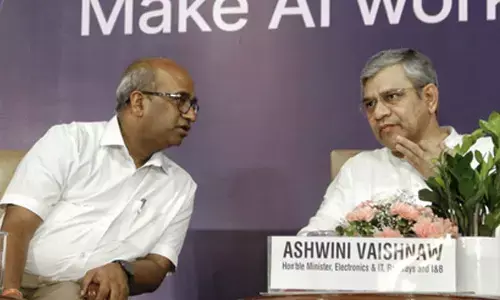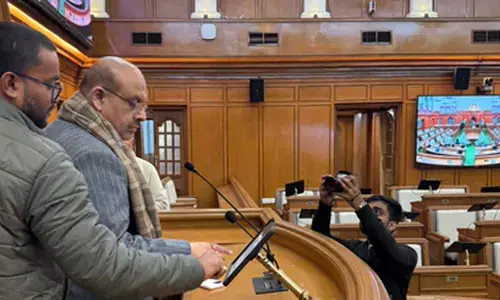Amid politics over citizenship under CAA, a reality check on Rohingyas in Delhi
Share :
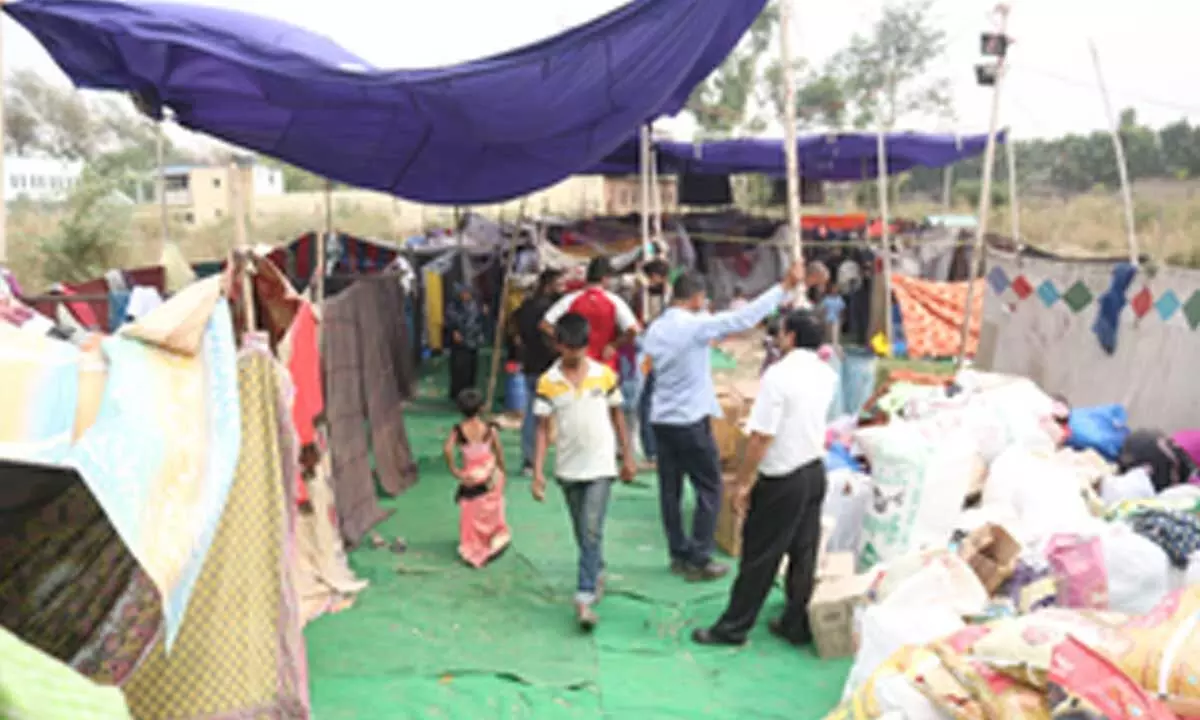
While politics is peaking over the grant of citizenship to persecuted minorities under the Citizenship Amendment Act (CAA), a reality check of the ground situation shows that a 'life of dignity' for migrants from the neighbourhood may still be far-fetched in the national capital, but the Rohingyas are getting access to all basic amenities including water, food, medication and education.
New Delhi: While politics is peaking over the grant of citizenship to persecuted minorities under the Citizenship Amendment Act (CAA), a reality check of the ground situation shows that a 'life of dignity' for migrants from the neighbourhood may still be far-fetched in the national capital, but the Rohingyas are getting access to all basic amenities including water, food, medication and education.
Notably, Rohingya refugees, rather infiltrators, are numbered in millions and live in various slums across the country, mostly in Assam and West Bengal.
In the national capital, a cluster population of Rohnigyas live in the Kalindi Kunj area, and they have access to all basic amenities including water, food, education and medical assistance.
The Rohingya locality on Jaitpur road of Kalindi Kunj has about 54 families, comprising over 300 members. Those living in these dwellings say that they have been staying here for more than 10 years, and they have been duly provided with water and electricity connection.
Saifudullah, 50, told IANS that their children go to government schools in the Khadar area while medical vans routinely provide them with medical assistance.
"The medical vans visit our locality every 15 days and provide medicines free of cost. Every weekend, some NGOs also visit our locality and provide us meal and fruits," Saifudullah further said.
At times of water scarcity, tankers provide them with drinking water free of cost, while during winters, blankets and other essentials are provided to them by volunteers. Noor Mohammad, another resident of the Rohingya locality, told IANS: "We work in nearby locations for our livelihood. On average, we earn about Rs 9,000- Rs 10,000."
He further informed that his children go to a nearby government school in the Khadar region, where they are getting basic education.
The Centre's notification of CAA rules on March 11 triggered political bickering as opposition parties accused the BJP of making it an election issue to derive political mileage and raised apprehensions over the likely influx of migrants.
The CAA rules mandate that persecuted minorities of six religions -- Hindu, Sikh, Jain, Parsi, Christian can get Indian citizenship, provided they entered Indian territory before December 31, 2014.









